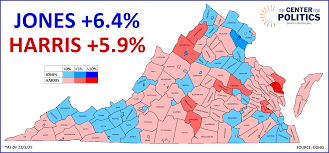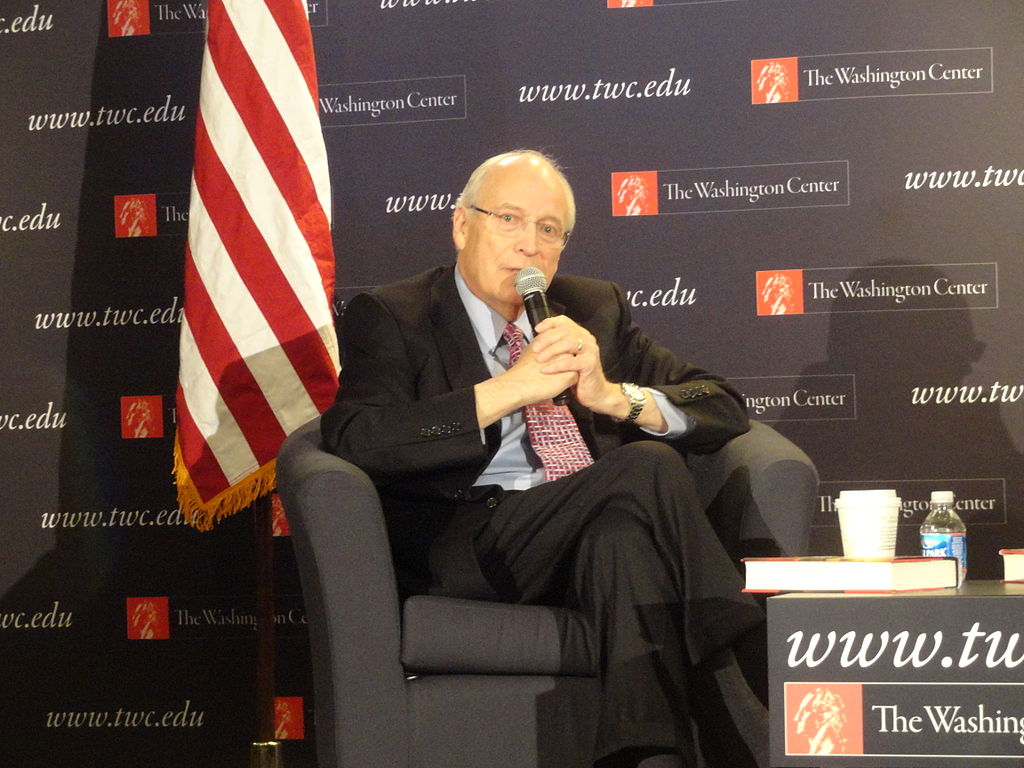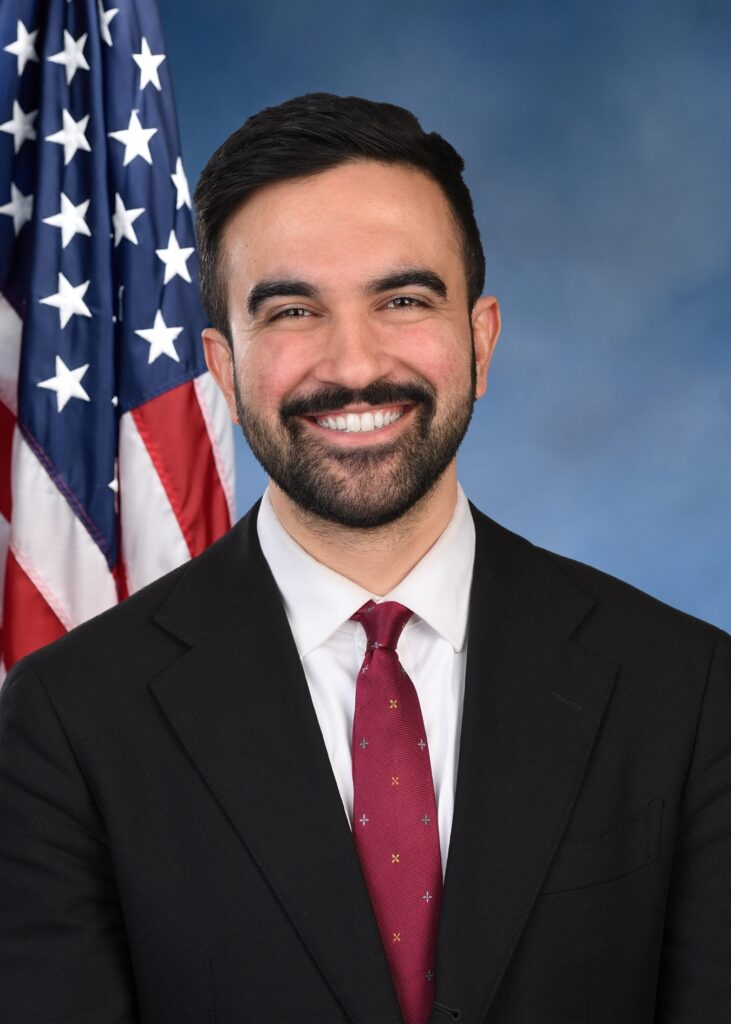


The Night That Shook the Map
In the off-year elections held in November 2025, the Democratic Party secured major victories across multiple key states and races. Anadolu Ajansı Among the headlines:
- In Virginia, Abigail Spanberger won the governor’s race — and the Democrats took every statewide contest. The Washington Post+1
- In New Jersey, Mikie Sherrill triumphed in the governor’s race over a Trump-endorsed challenger. The Washington Post+1
- In New York City, Zohran Mamdani became mayor and shifted the narrative in a major locale. The Guardian+1
- In California, voters passed Proposition 50, enabling Democrats to redraw congressional maps to their advantage. The Washington Post+1
These results are widely interpreted as a referendum on the Donald Trump era (including his second term) and the Republican direction. As one analysis put it: the results “deliver a rebuke of President Trump’s second term so far.” The Washington Post
Four Key Take-Aways
Here are some of the major lessons emerging from those results:
1. Voter concerns remain grounded in economy & cost-of-living
Exit polls show voters in places like Virginia and New Jersey cared deeply about the economy: groceries, energy, health care. ABC11 Raleigh-Durham+1 The Democrats’ messaging emphasised “pragmatism over partisanship” and avoided leaning too far into ideological extremes. Inquirer.com
2. Moderate strategy appears to be working
These Democratic wins were not just from the far-left flank. Many successful candidates ran as pragmatic moderates and appealed to suburban/veteran/military areas. NBC4 Washington+1
3. Republicans face a messaging and identity crisis
The Republican Party is grappling with how to respond to these losses, how to define its path ahead, and how to manage internal divisions. The sweep suggests that the GOP’s recent strategy—and its alignment with Trump’s agenda—is being challenged.
4. The notion of an “Anti-MAGA Majority” resurfaces
Analysts argue that a broad coalition opposed to the MAGA movement is again showing strength, at least in these contests. The term “anti-MAGA majority” refers to a voter coalition that rejects Trump-style politics. The Washington Post+1
“Voters in these … contests were united in their rejection of Trump and his priorities.” Reddit
The “Anti-MAGA” Majority: What It Means



6
The concept of an “Anti-MAGA majority” is rooted in the idea that there is a sizeable portion of the electorate that is not necessarily strongly pro-Democrat, but is actively or passively opposed to the MAGA movement’s style, approach, and agenda. Some characteristics:
- It spans across demographics: suburban, urban, younger, older, non-college and college-educated.
- Many of its voters aren’t energized by partisan zeal, but by opposition to what they see as extremism or chaotic governance.
- Its resurgence signals that the Republican base cannot assume dominance simply by owning the “right flank.”
In these 2025 results, the success of Democrats in states and races once considered safe for Republicans suggests that this coalition is regaining traction. Some analysts now argue the “realignment” claimed by MAGA supporters may not be as permanent as believed. Reddit+1
What This Means for 2026 & Beyond
- Democrats: These wins reinvigorate the party heading into the 2026 midterms. But sustaining momentum will require translating winning strategy into durable messaging, strengthening turnout, and broadening coalition beyond purely anti-Trump sentiment.
- Republicans: The losses force reflection. They must decide whether to continue leaning into the Trump/MAGA identity or shift toward a broader appeal. Internal leadership, culture, and policy direction are all on the table.
- Policy implications: With Democrats having momentum, issues like redistricting (as seen in California), regulation, climate/energy policy, and social issues may become more front-and-center. E&E News by POLITICO
- Electoral map: States previously considered red are showing cracks; suburban and ex-urban voters are signalling changing dynamics. The map for both parties may not be static.
Pull-Quotes & Highlights
“We sent a message … we chose our commonwealth over chaos.” — Abigail Spanberger ABC11 Raleigh-Durham
“Voters in these … contests were united in their rejection of Trump and his priorities.” — Commentary on the anti-MAGA majority Reddit
Suggested Videos
You may embed relevant news-analysis or commentary videos to enrich the post (depending on embedding rights/permissions). Examples:
- A broadcast summarising the Democratic sweep and its implications.
- A panel discussion on the rise (or resurgence) of the anti-MAGA voter coalition.
Final Thoughts
The 2025 elections mark more than just a temporary setback for one party or another. They suggest a moment of change: a recalibration of political identities, voter priorities, and party strategies. For Democrats, it’s an opportunity to show they can win not just by rejecting the opposition, but by offering something clear, competent, and forward-looking. For Republicans, it’s a warning that dominance in an age defined by polarization and fast-changing demographics cannot simply be assumed.
In many ways, the resurgence of the “anti-MAGA majority” signals that American politics remains dynamic and contested — not settled. The midterms of 2026, and even beyond, may be shaped less by party labels and more by how well each side adapts to what voters now demand: competence, clarity, and relevance over chaos, division, and old certainties.







